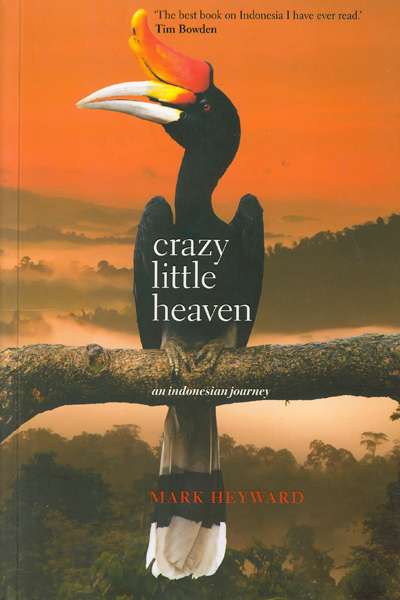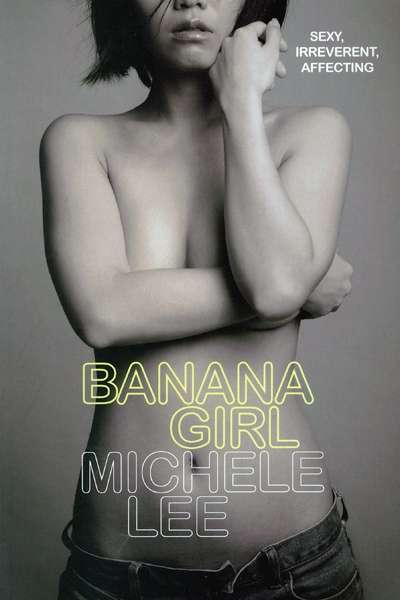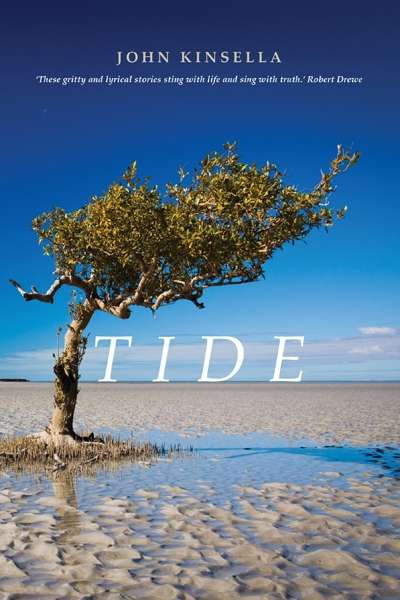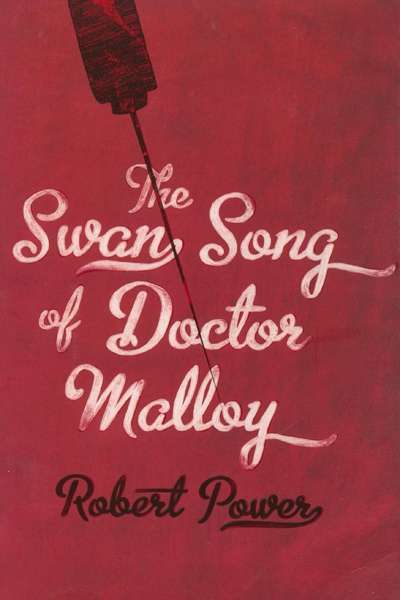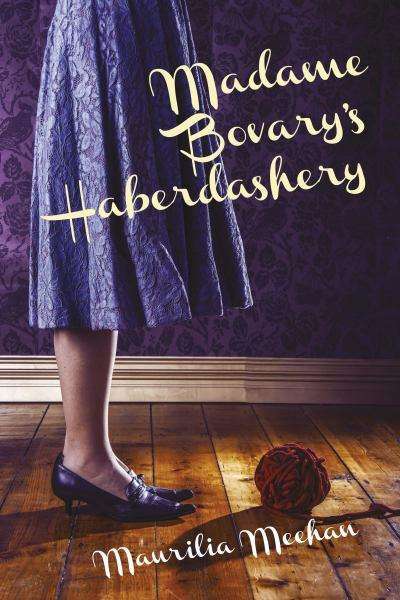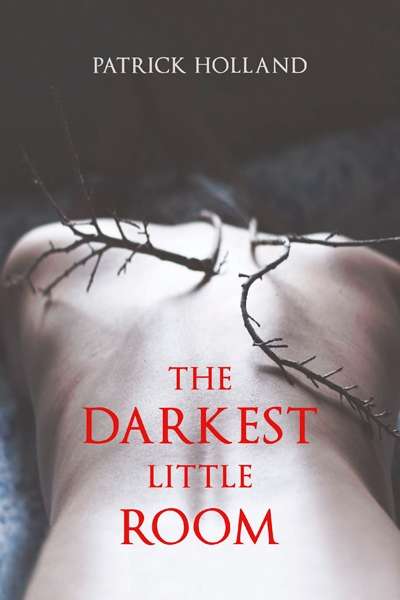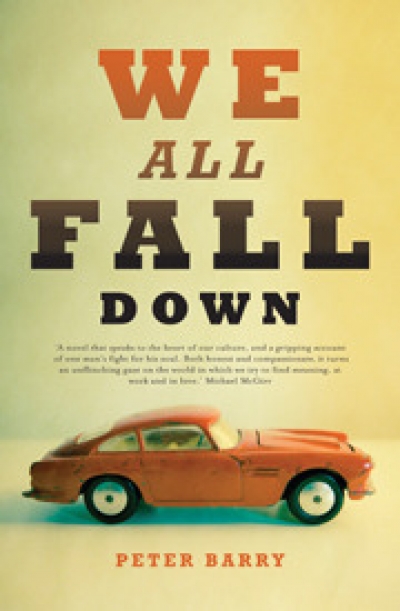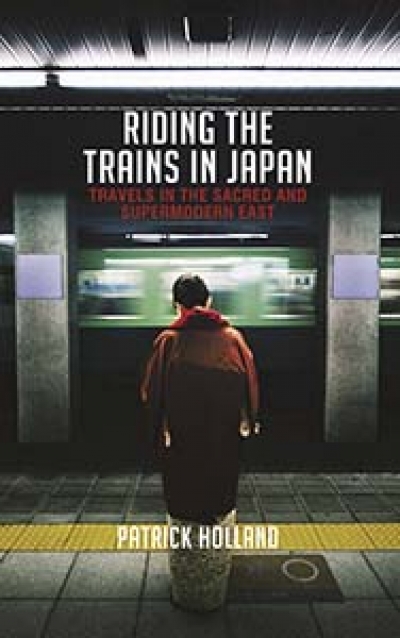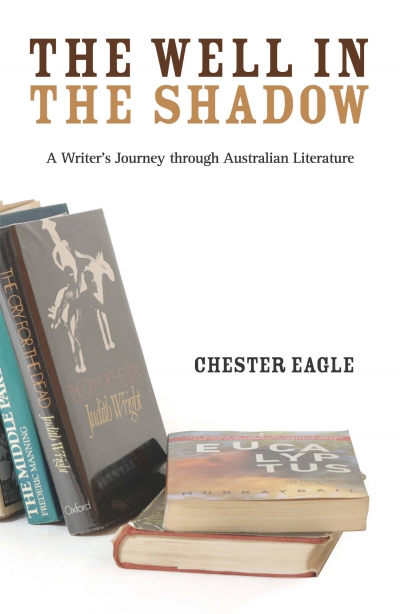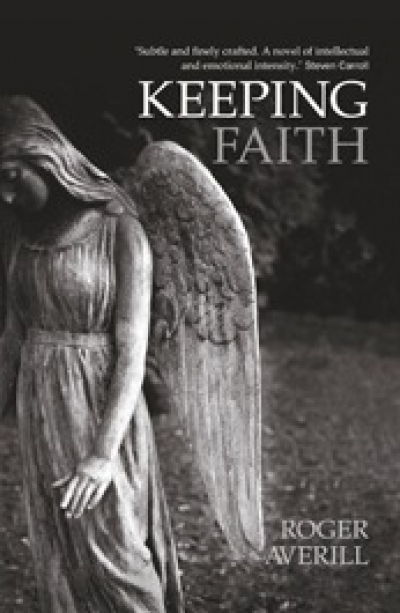Imagine a cross between Tim Winton’s The Turning and Kenneth Cook’s Wake in Fright, and you might very well imagine John Kinsella’s latest collection of fiction, Tide. Kinsella, a Western Australian like Winton, writes of the coast and of the desert, of small-town life and small-town people. However, Kinsella highlights the corruption of those landscapes and people in a way that aligns his vision more with Cook’s (which should come as no surprise, given Kinsella’s anti-pastoral poetry). There are ships pumping ‘alkaline hell’ into the waters where children swim, meatworks leaking blood to the sharks, factories, mines, old batteries, and trenches. Men are ‘brutal and brutalising’. Even boys torment and humiliate one another, often with the approval or complicity of their guardians. If someone outside Australia wanted to understand a country that hounded its first female prime minister out of office and voted in Tony Abbott on a platform against boat people and the carbon tax, this is the book I would recommend.
...
(read more)

